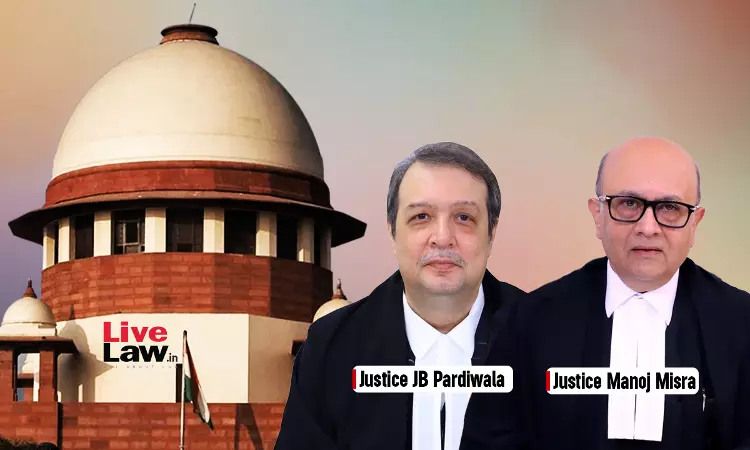No Illegality In Considering S.319 CrPC Application After Trial Based On HC's Revision Order : Supreme Court
Yash Mittal
7 March 2025 1:17 PM IST

Next Story
7 March 2025 1:17 PM IST
In a key ruling on Section 319 of Cr.P.C., the Supreme Court on Thursday (March 6) held that while the power to summon an additional accused must be exercised before the trial concludes, if a pre-trial application for summoning is rejected and the High Court, in revision, sets aside the rejection and orders reconsideration, the application cannot be dismissed solely because it was heard after...
